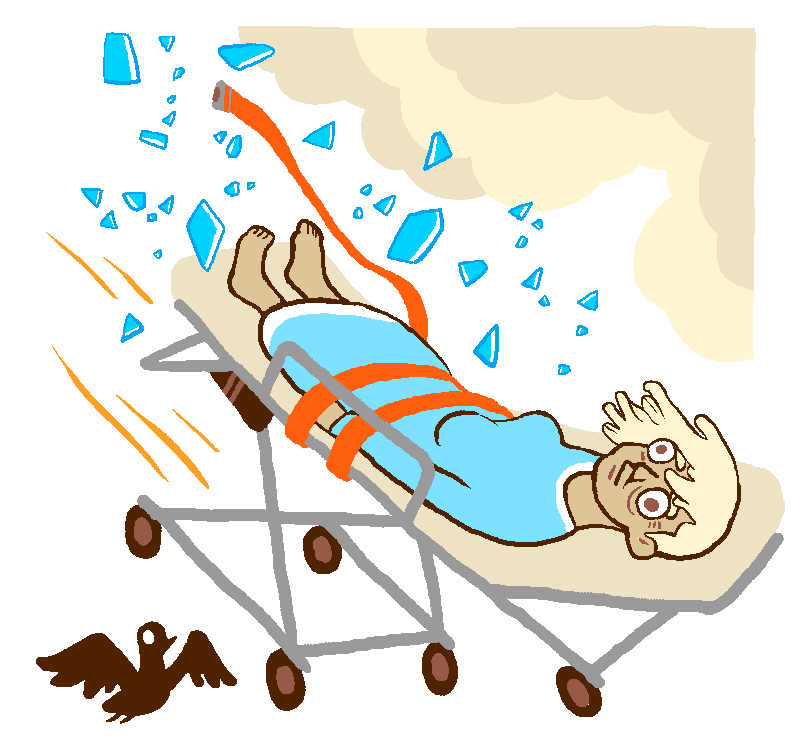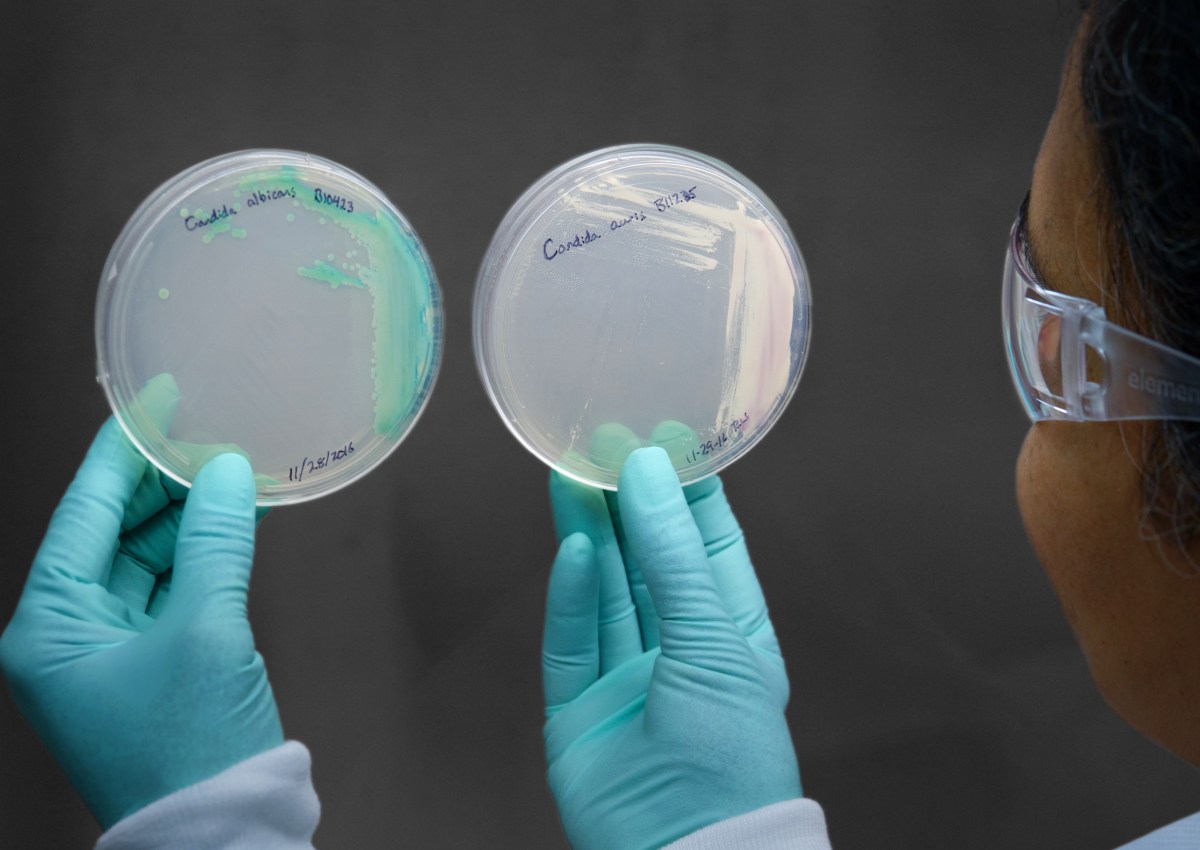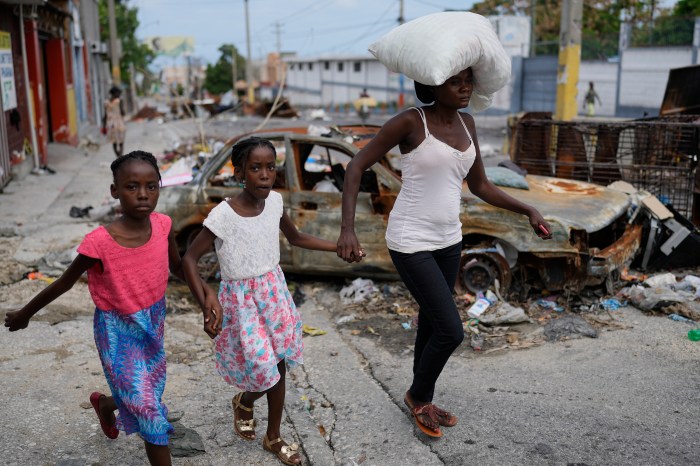Brooklynites suffered the highest infection rates of a deadly, drug-resistant fungus in New York, with more than 200 out of the state’s 388 cases occurring in Kings County, a health report revealed on Wednesday.
Candida auris, an antifungal-resistant yeast infection, has germinated in New York for the past two years, with the number of cases jumping from 37 to 388 between 2016 and 2018, according to the report. The disease is notoriously difficult to diagnose and treat, and doesn’t respond to common anti-fungal treatments used to combat similar infections, according to the the Center for Disease Control.
The deadly fungus preys on patients who have weak immune systems and use invasive devices, such as ventilators and catheters, and the elderly are especially susceptible to infection — the average patient is 69 years old. About half of people who contract C. auris die within 90 days, although some patients who suffer from it may die from a combination of causes, according to the New York Times.
The infection tends to proliferate in healthcare facilities, where it spreads on equipment, clothing, and skin, according to the report, which released the names of medical facilities in the state that have treated C. auris patients.
In Brooklyn, 52 healthcare facilities made the list — including 15 hospitals, 35 nursing homes, and two hospices. Nearly all major hospitals and nursings homes, such as Maimonides Medical Center, Coney Island Hospital, and NYU Lagone, have treated patients with the infection.
Officials say that they decided to disclose the facilities — making New York the first state in the nation to do so — in an effort to bring attention to the rapidly spreading infection, which the Center for Disease Control labels an “urgent threat.”
Despite the dire findings, health experts urge patients to continue visiting medical facilities that treat patients with C. auris, claiming that many do a good job containing the infection and aren’t currently treating affected patients.
Health officials also argue that the state is taking steps to mitigate the spread of C. auris by conducting onsite inspections at healthcare facilities, providing infection control education, and monitoring facility compliance with infection control recommendations, among other precautions.
And local hospitals say that they’re doing their part to contain the disease.
“All Mount Sinai Health System hospitals have developed policies and procedures,” said a representative for Mount Sinai Brooklyn, which has treated C. auris patients. “Protocols include close monitoring of hand hygiene, using contact precautions (wearing gloves and gowns), using effective disinfectants, and ensuring that our laboratory can rapidly identify C. auris. Use of these extra steps reduce spread of C. auris.”
























